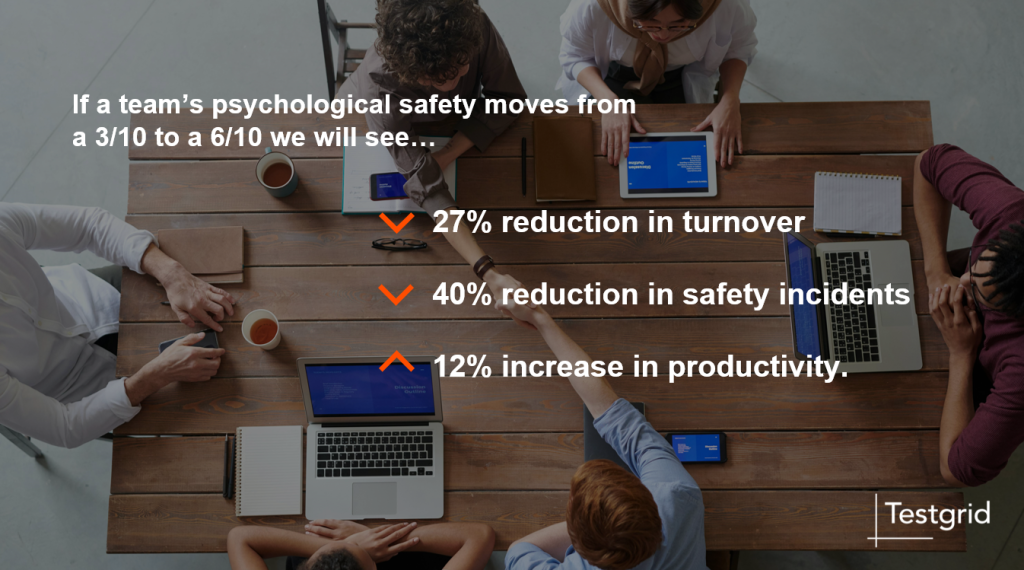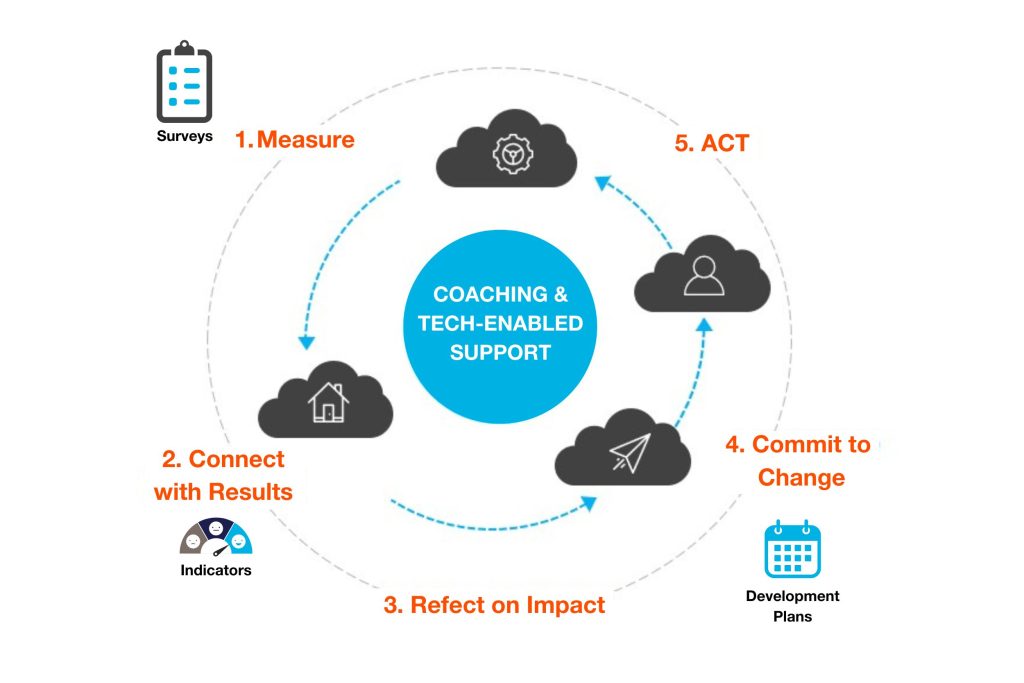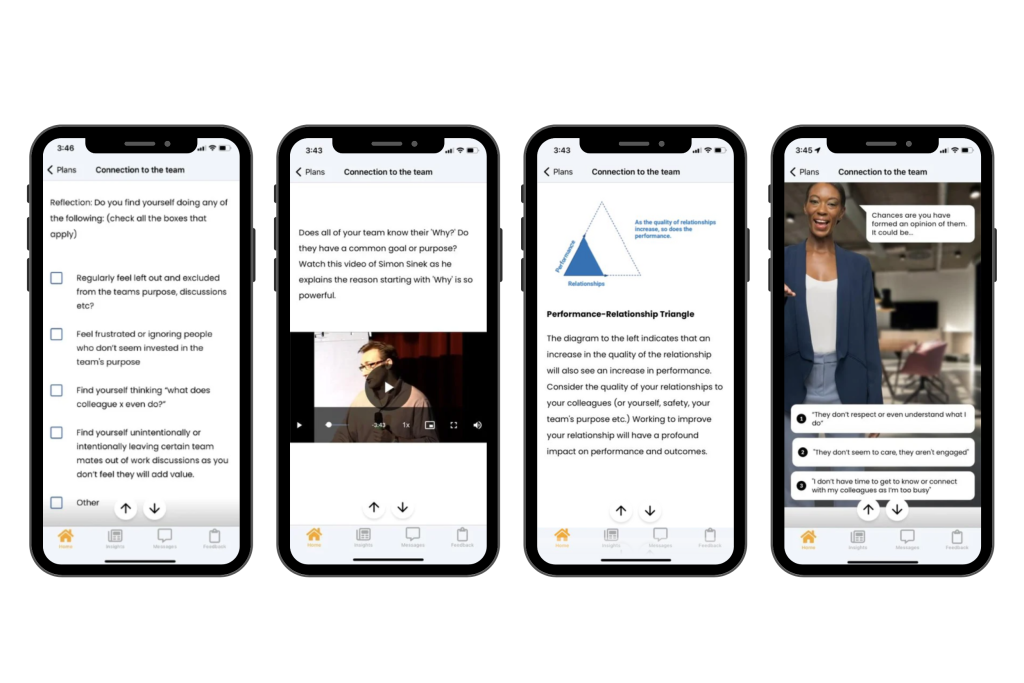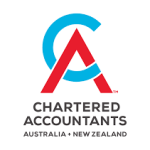Psychological safety is the foundation of high-performing teams. It empowers employees to speak up, share ideas, and collaborate without fear of judgment or negative consequences. In today’s workplace, where innovation, inclusivity, and mental well-being are paramount, fostering psychological safety is no longer optional—it’s essential.
Teams that prioritise psychological safety see stronger collaboration, reduced turnover, and greater adaptability to change. When employees feel safe to contribute openly, organisations unlock creativity and innovation while building trust at every level.
Testgrid’s Team Excel assessment provides the tools to measure, understand, and improve psychological safety within your teams, driving productivity, engagement, and overall success.













